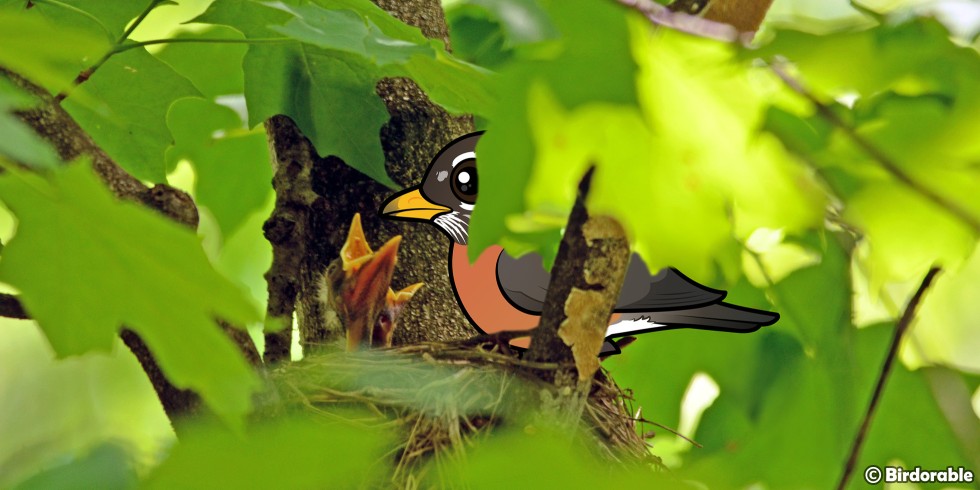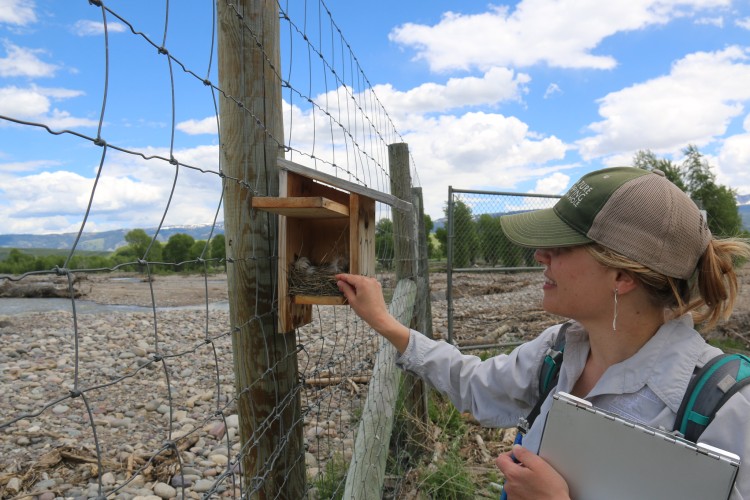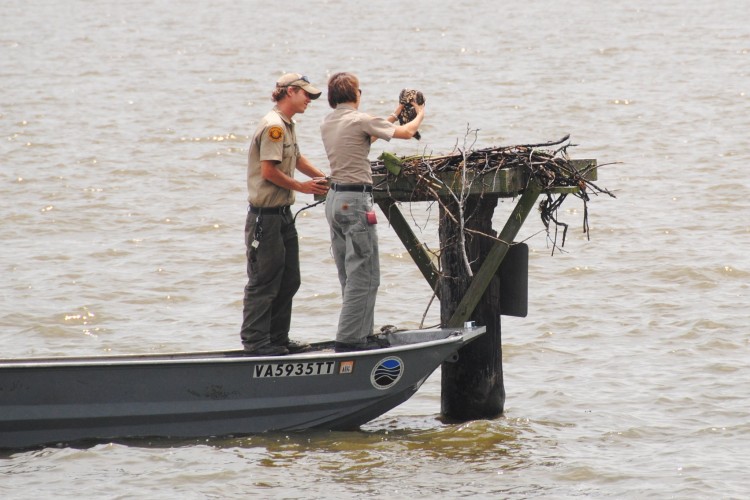Busting a Bird Myth: Touching Baby Birds and Parental Abandonment

Female American Robin feeding young in nest
One of the most pervasive myths about birds is that they will abandon their babies if humans touch them. This belief often deters well-meaning individuals from assisting fledglings that appear to be in distress or have fallen from their nests. However, this myth is largely unfounded. Understanding the truth behind this belief and the realities of bird behavior can help us make better decisions when encountering baby birds.
The myth likely stems from a misunderstanding of bird behavior and the way birds interact with their environment. Birds have a very limited sense of smell compared to humans. Most songbirds, for instance, rely primarily on sight and sound rather than smell to identify their young and their nests. This means that if a human touches a baby bird, the parents will not be able to detect human scent on their offspring.
Birds are highly devoted to their young, and abandoning them is not a common behavior. Parental investment in the form of feeding and protecting their chicks is crucial for the survival of their species. Birds have evolved strong parental instincts to ensure the continuation of their genetic lineage. Therefore, most birds will not abandon their babies simply because they have been touched by humans.

Monitoring a Mountain Bluebird nest box in Wyoming by Mountain Bluebird Nestbox Trail Project
This is demonstrated in the many bird study programs that use nest box checks for research. For example, bluebird nest monitoring programs offer a prime example of how birds do not abandon their young even when they are touched by humans. These programs involve regular inspections of nest boxes to monitor the health and progress of bluebird chicks.
It's always best for a bird to be raised by its own kind, so if a chick gets into trouble and needs help, rehabilitators will try to get the bird back into its nest if at all possible. Bird rehabbers sometimes even place orphaned birds into the nests of other birds of the same species. So not only will parent birds not abandon a bird that was touched by a person -- they will care for adopted birds of the same age as their own young. Birds can't count, and will take care of all of the babies in their nest as best they can. This practice can help ensure the orphaned chick receives proper care and have the best chance to survive with wild parents.

Rehabilitated Osprey chick being placed back into wild nest by Virginia State Parks (CC BY 2.0 Deed)
There are, however, certain circumstances where birds might abandon their nests, but these are usually related to extreme disturbances or threats. Frequent human interference, predation, or significant changes in the environment can sometimes lead to nest abandonment. A single instance of a human touching or picking up a chick in need is unlikely to trigger such a drastic response.
When you find a baby bird out of its nest, it’s important to understand the distinction between a nestling and a fledgling. Nestlings are very young birds that lack fully developed feathers and are entirely dependent on their parents. If you find an uninjured nestling on the ground, it’s often best to try and return it to its nest if you can locate it. The parents will almost certainly continue to care for it.
Fledglings, on the other hand, are slightly older chicks that have left the nest but may not yet be fully capable of sustained flight. They often spend time on the ground while they learn to fly and are still under the watchful eye of their parents. Finding an uninjured fledgling on the ground is usually not a cause for concern, as its parents are likely nearby and continuing to feed and protect it.
If the chick is injured or in danger, or you're unsure of what to do, contact a local wildlife rehabilitator for advice. Do not attempt to feed the chick or care for it yourself.
Myth: Busted!
The myth that birds will abandon their babies if touched by humans is not true. Birds are dedicated parents and will not desert their chicks due to human scent. Understanding bird behavior can help us make better decisions when we encounter young birds and ensure we provide appropriate assistance when needed.





Comments
Leave a comment
Thank you!